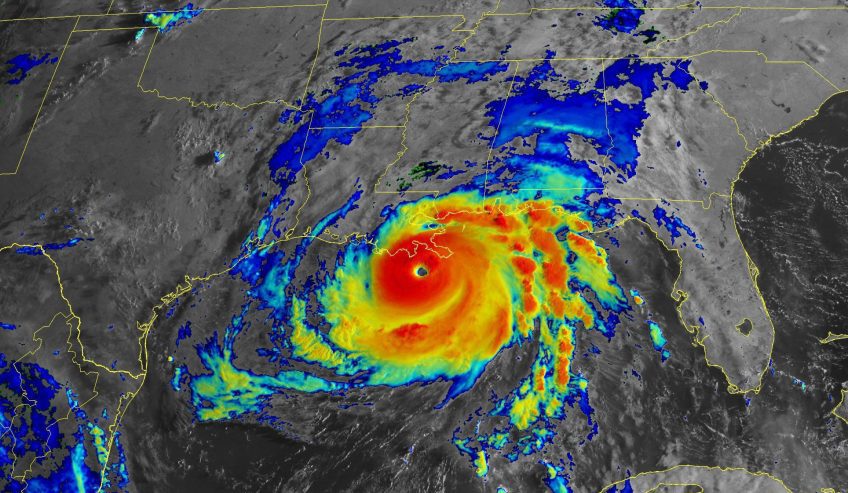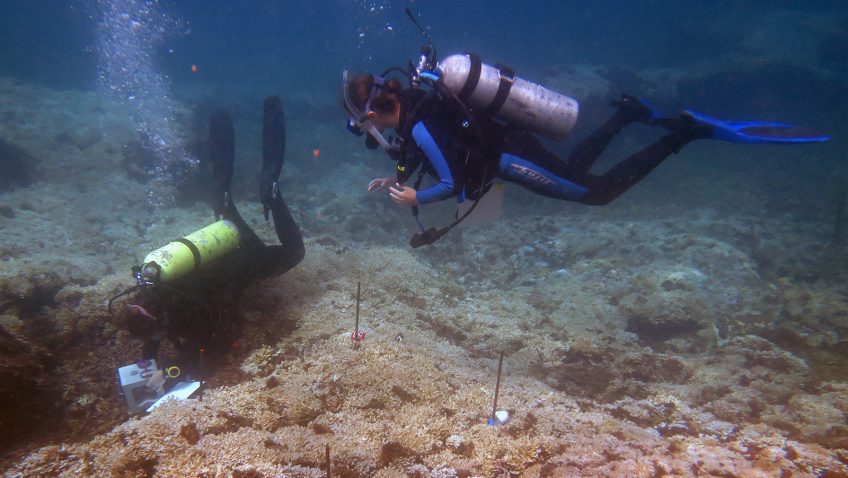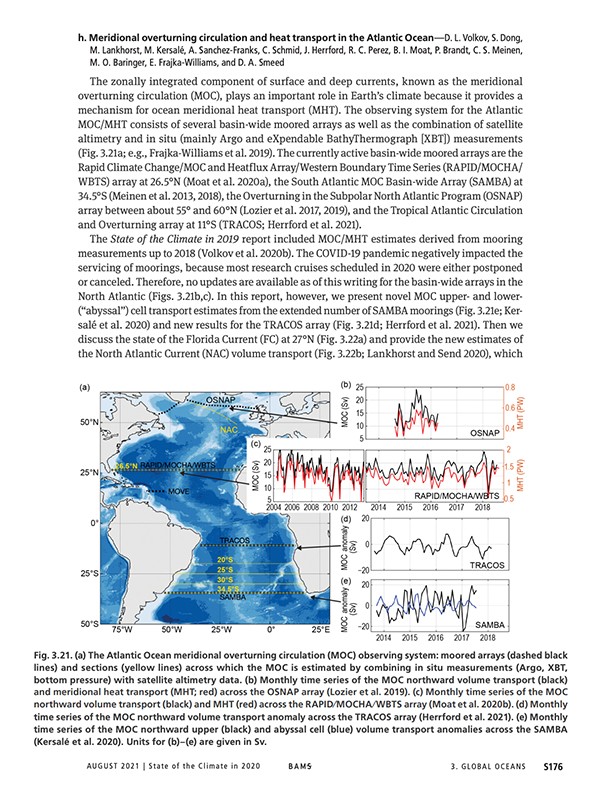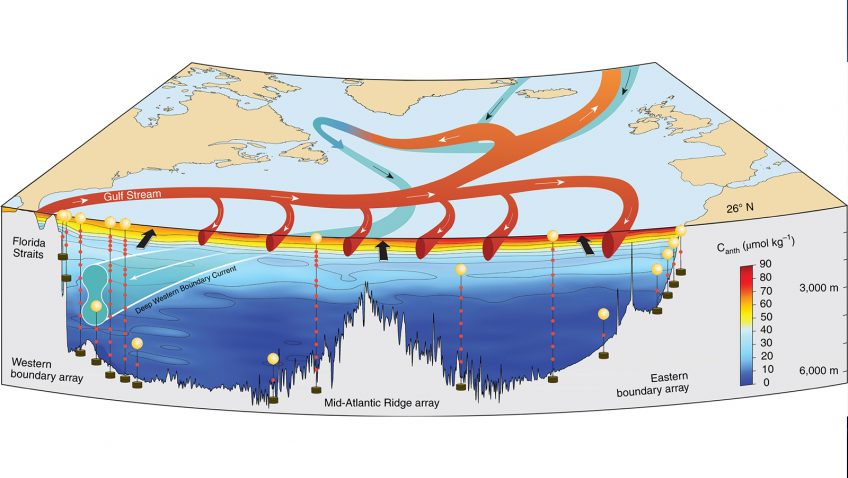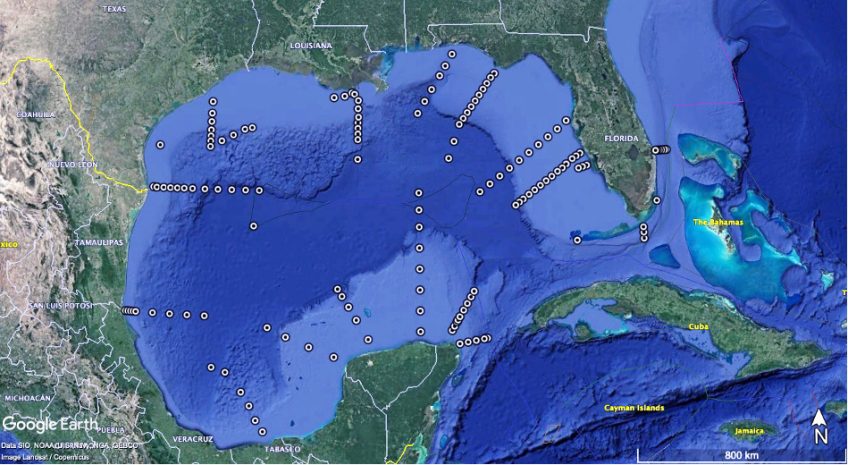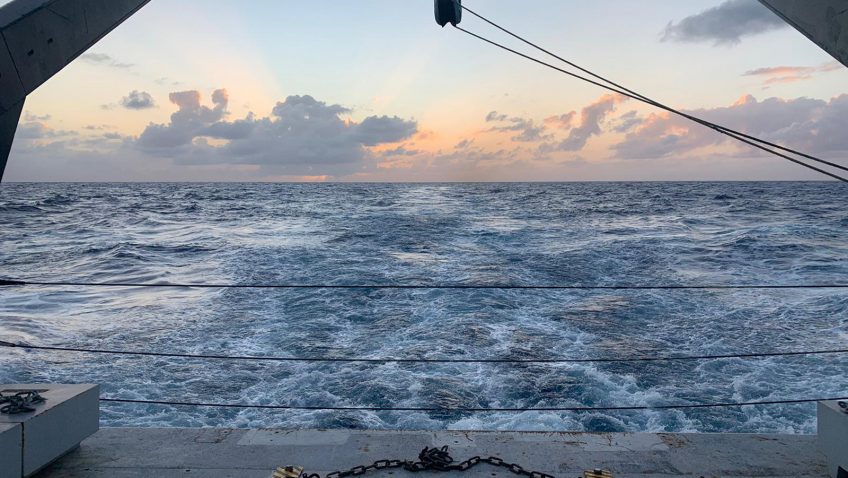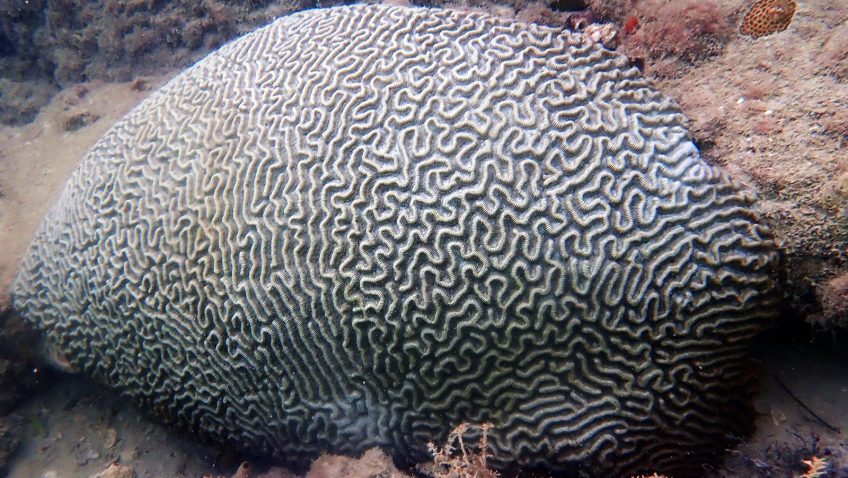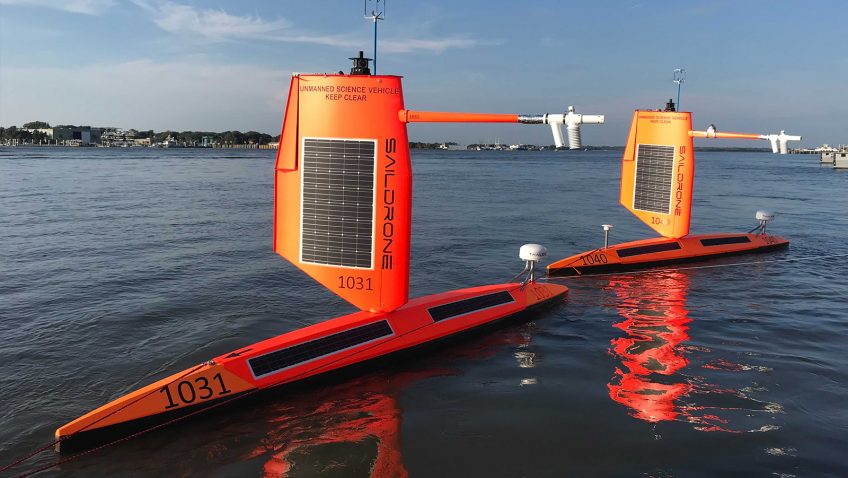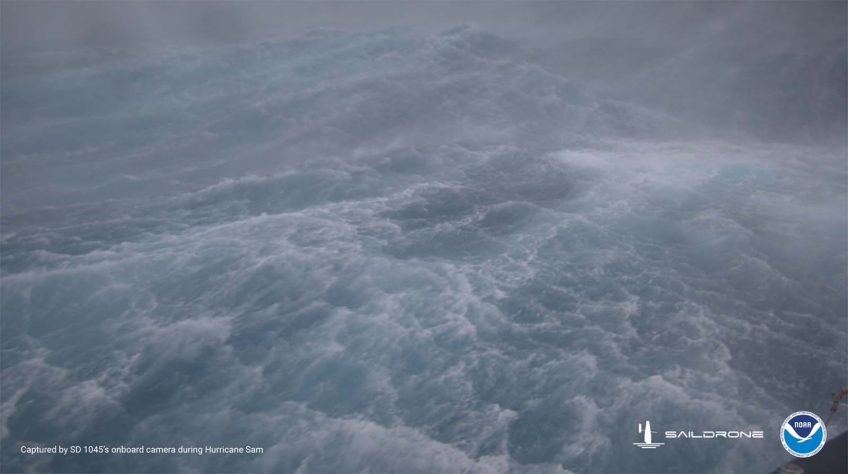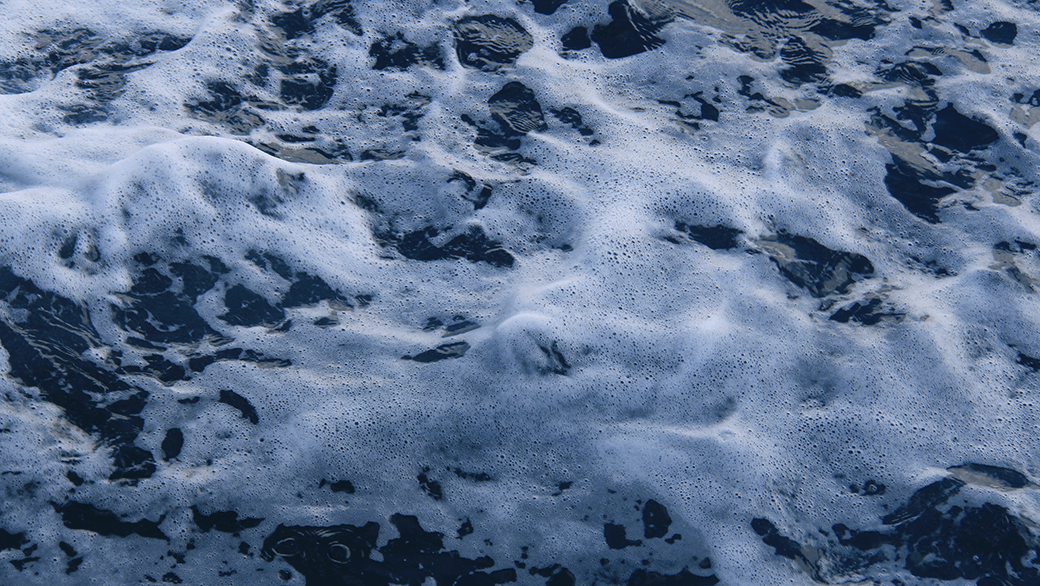VOLKOV, D.L., S. DONG, M. Lankhorst, M. KERSALÉ, A. Sanchez-Franks, C. SCHMID, J. Herrford, R.C. PEREZ, B.I. Moat, P. Brandt, C.S. MEINEN, M.O. BARINGER, E. Frajka-Williams, and D.A. Smeed. Global oceans: Meridional overturning circulation and heat transport in the Atlantic Ocean. In State of the Climate in 2020, J. Blunden, and T. Boyer (eds.). Bulletin of the American Meteorological Society, 102(8):S176-S179 (https://doi.org/10.1175/BAMS-D-21-0083.1) (2021).
The zonally integrated component of surface and deep currents, known as the meridional overturning circulation (MOC), plays an important role in Earth’s climate because it provides a mechanism for ocean meridional heat transport (MHT). The observing system for the Atlantic MOC/MHT consists of several basin-wide moored arrays as well as the combination of satellite altimetry and in situ (mainly Argo and eXpendable BathyThermograph [XBT]) measurements (Fig. 3.21a; e.g., Frajka-Williams et al. 2019)…
Download State of Climate 2020, Chapter 3: Global Oceans.
